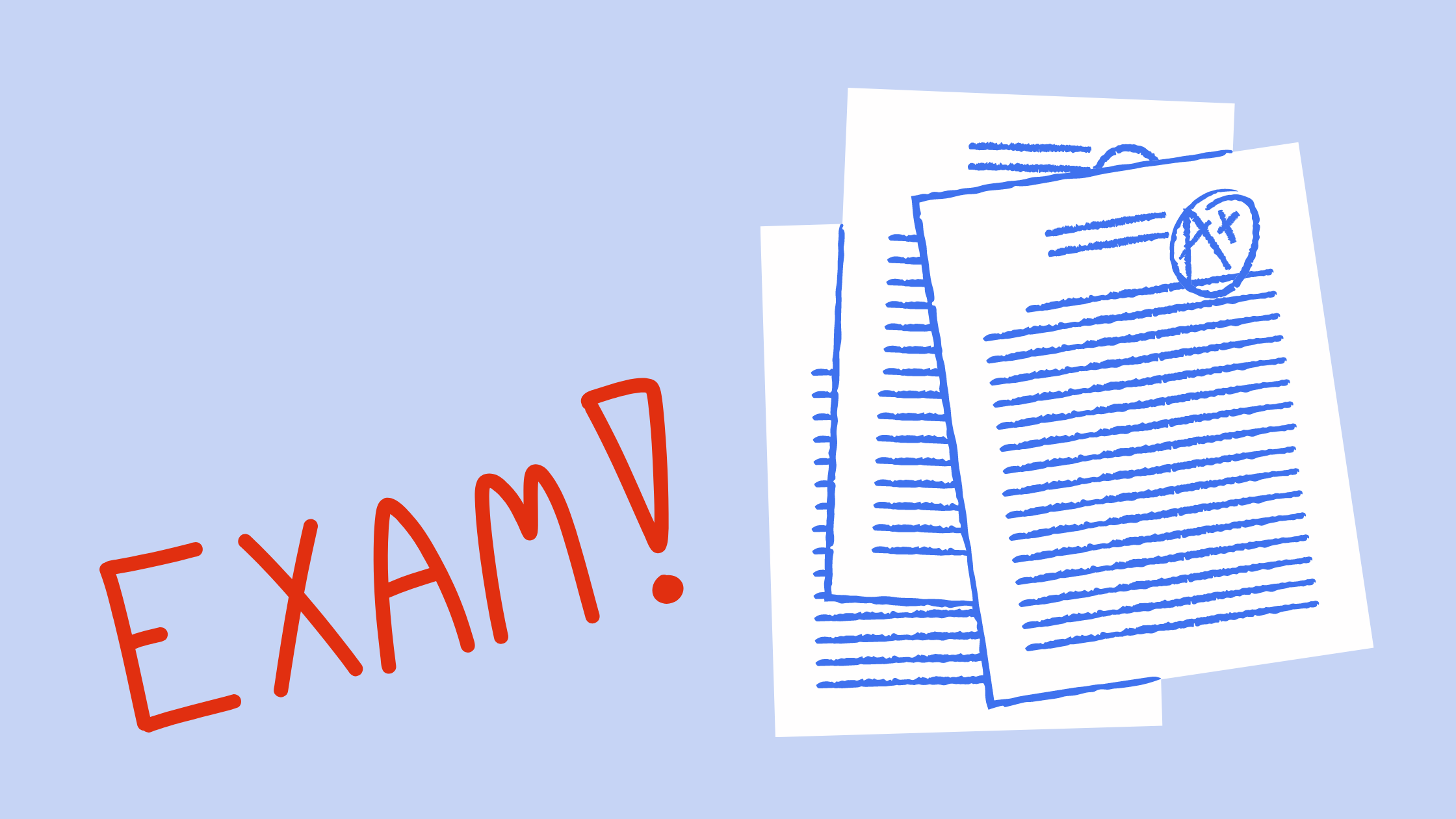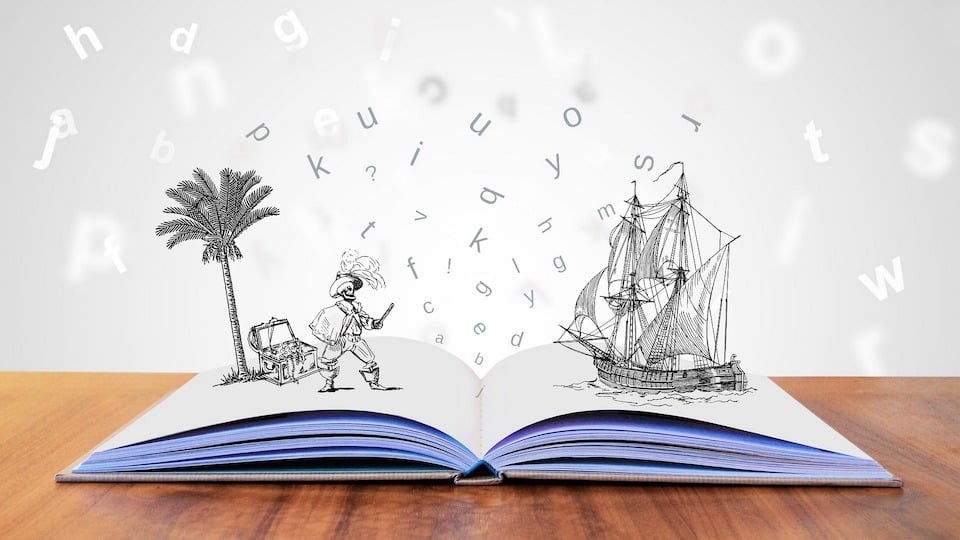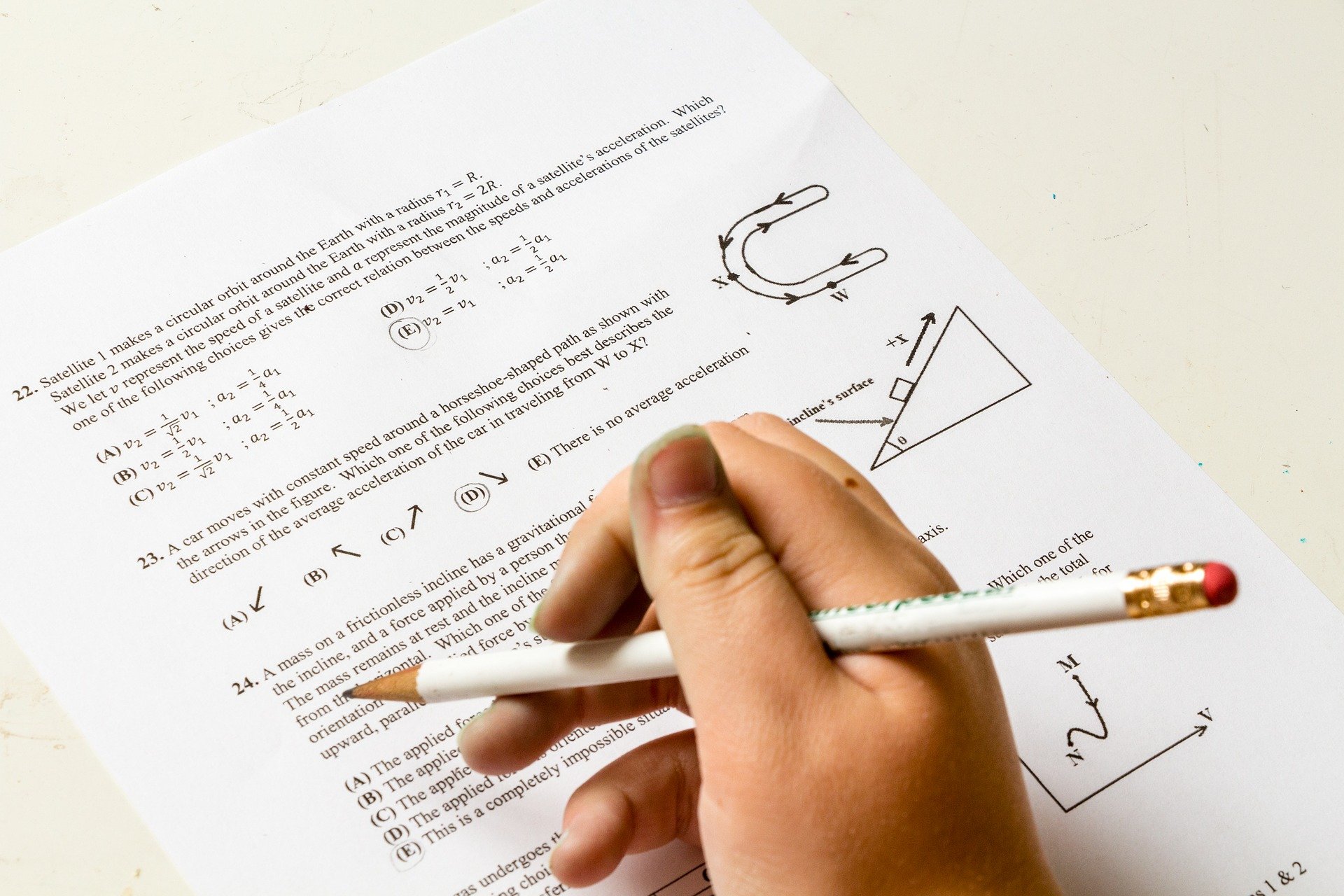6 Common Ways to Study Smart Before Exams
Many psychology university students feel stressed and overwhelmed when a test or exam is approaching. Following our study plan and time-management tips should help you feel more prepared in the lea...

Many psychology university students feel stressed and overwhelmed when a test or exam is approaching. Following our study plan and time-management tips should help you feel more prepared in the lead-up to an exam. When it comes time to study, there are many common study methods that can help enhance your exam prep, and reduce your stress. Below is a detailed list of common study methods college students use to prepare for exams.
6 common study methods for psychology students
#1 Image-word association
This memorisation tool relies on creating a visual link to a word or concept by associating it with an image. Relating an unfamiliar term to a familiar image can help you to remember it more easily. For example, remembering that Italy is shaped like a boot can help you recall the location of different regions, cities, and landmarks. In psychology, you could create visual diagrams to represent different theories or concepts.
#2 Acronyms and mnemonic devices
An acronym is a combination of letters that can be used to help you memorise a term or concept. You can combine the first letter of each word of a compound term or idea to spell a word that is easy to recall. One of the most common acronyms university students use every day is ASAP, which stands for as soon as possible.
In order to remember the order of items in a series, some students create sayings that begin with the first letter of each item in that series. A basic example is the saying that younger students use to remember which order north, east, south, and west appear on a compass: Never Eat Soggy Worms. Notice how the first letter of each term correlates with the order or direction on a compass. You can come up with personal and creative ways to use mnemonic devices to study for a test. Create something that is useful and easily memorable to you.

#3 Hide-write-compare
You may have used this study method when you were young and learning how to spell. You probably looked at a word, covered it, tried to write it correctly yourself, and then compared it with the correctly written word. While this seems like a simple method often used at the elementary level, it is a useful study tool at the college level.
For example, after you have read a chapter in your textbook and written down all the important terms, you can test your knowledge to see if you remember them. Cover up the definition of each term and try writing it again from memory, or reciting it out loud. When finished, compare your answer with the correct definition. You may also find flashcards useful for this type of memorization. Creating them will give you an opportunity to review the material, and then you can categorize them based on the ones you know well, and the ones you need to review more. Repetition is key to building the neural pathways that help us remember information.
#4 Story Telling

Story telling isn’t just for bedtime; it can be a helpful way to absorb information. Much of the information you already know, such as the meaning of a holiday or the founding of the United States, was presented to you in the form of a story. You’ve probably never forgotten this information because it was taught to you through narrative that you visualize in your head to this day. Storytelling also allows psychology students to understand cause-and-effect, which can help you remember more conceptual ideas like why and how something occurred.
Instead of looking at your psychology textbook as full of boring facts, turn that information into an exciting story with details that can help you remember. Tell the story to yourself out loud, and to others if you find it helps. If your instructor likes to use storytelling as a teaching method, write down the details they use to help you recall information, or record the lectures to listen to when studying.
Explaining to friends and family what you have learned in class can also reinforce your memories by 90% (40% more than reading or writing can), meaning you are more likely to recall the information in an exam.
#5 Analogy
An analogy is the comparison of two or more things. You can use analogies to compare and contrast specific terms or ideas. There are several kinds of analogies, including parts to whole, such as a battery is to a flashlight as a keyboard is to a computer. Cause and effect analogies are also common, such as smoking is to cancer as exercise is to losing weight. While you can create your own analogies, one of the keys to smarter studying is recognizing analogies that are already in the content you are studying. With practice, you’ll become more skilled at recognizing patterns and analogies that help you digest course material.
#6 Taking practice tests and answering practice questions

For your psychology exams that require you to demonstrate practical knowledge through solving math problems or answering essay questions, it’s helpful to use some of your study time to actually practice those skills. If your instructor offers a practice test, take it. This will give you the opportunity to put your theoretical knowledge to work, and make sure you understand how to solve problems or write effective answers. It will also give you a sense of how long it will take you to finish the test, so you can budget your time properly.
If you don’t have a practice test, use problems or questions from the textbook or worksheets. Getting accustomed to doing the work will help you prepare for what you will see on the exam, and make you feel less stressed about the unknown.
Determine when to use each study method
While the above methods have served many psychology university students well, some of these tips will suit you better than others. Try different methods for different kinds of psychology degree units, as your approach to a research methods or statistics unit will be quite different from your approach to a written unit. For example, you may find repetition helpful for an anatomy course, whereas storytelling would be best to test your understanding in a history course.
Discerning which methods to use and when to use them will also be informed by your strengths and learning style. You might learn or retain information better by looking at pictures or charts, whereas other students benefit more from reciting terms aloud. Remember that there is no right or wrong way to study. Form a comprehensive yet flexible study approach that takes into consideration your course load and the ways in which you will be tested in each of your courses.


